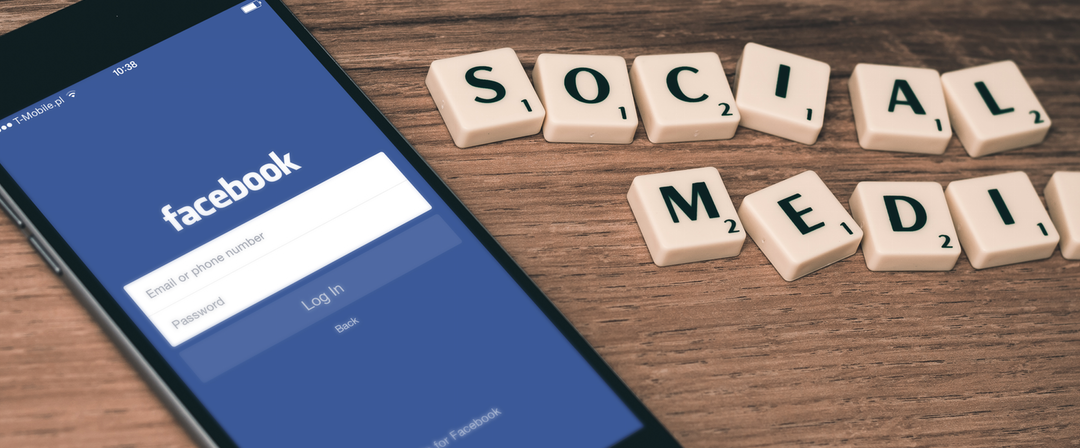As a technologically conscious team, we have integrated several tech tools into our program to help our participants achieve their goals. More specifically, we have developed an app that allows users to track their exercise, step count, and healthy eating behaviours either directly in the app or with the help of our partner apps. Additionally, app users can set goals and measure their physiological fitness level using our proprietary STEPTM Test.
We also offer participants the opportunity to set up their own personal social network with the help of our partner, Tyze Social Networks. Tyze networks are purpose built for the health field and include cool features specific to this area.
Although a social networking partner is not available to everyone out there, there is evidence that other social media platforms (and social networking sites in general) are a useful tool for those trying to improve their health behaviours. If you are a health coach looking for a social media platform that might be useful for your clients, could facebook be a candidate?
A recent study by Sue Yeon Syn and Sung Un Kim out of the Catholic University of America explored the health information activities of college students on Facebook. Some of their findings are interesting and applicable to our program and the practices of other health coaches:
- Those surveyed had higher intentions to read health-related posts from reliable sources including health professionals, as opposed to “non-expert” sources like broadcasting and media, friends, and family members.
- Respondents indicated that for less sensitive health issues, such as healthy lifestyle changes, they were (approximately) equally willing to pose questions to “expert” health information sources and friends.
- Respondents indicated that, in terms of low-sensitivity health-related information, they intended to answer the questions of family members more than other categories, including friends.
This provides evidence that health professionals, like many health coaches, can engage with an audience on this platform. Users may very well engage in two-way communication with professionals, by both reading posts and posing questions to such sources. Additionally, this platform can also facilitate communication between a user and their network of friends and family, which is an important source of social support, a critical determinant of successful behaviour change and maintenance.
The potential for facebook to be an effective platform for fostering information gathering/social support is huge, given they have 1.65 billion monthly users. Several intervention-focused studies have attempted to leverage the site to either be the main setting for a health intervention, or a supplemental platform. Several of these studies have shown improvements in perceived social support, as well as behavioural changes like increased physical activity and improved eating behaviours.
However, like any strategy, the way in which it is actually implemented is much more important than the medium itself. If you are a coach looking to leverage facebook for your clients/participants, consider the following tips:
- If you decide to build a presence on facebook to share tips and thoughts about your area of health coaching, makes sure to keep active and share with some level of regularity. Irregular posting can be hard to follow, and as a health coach you can understand the importance of building habits.
- Encourage your participant/client to ask questions/share successes on with their friends on facebook *IF THEY ARE COMFORTABLE DOING SO*.
- If a participant is not comfortable sharing with their larger group of friends, they can easily create a private (invitation-only) group that can be populated only by the health coach, those who are in the participants close support circle, or those who are also attempting a health behaviour change. You could also consider setting up a facebook group and inviting all your clients to join!
Are there any other tips you can think of to optimize facebook to support a health behaviour change? Tweet to us @healthesteps!
